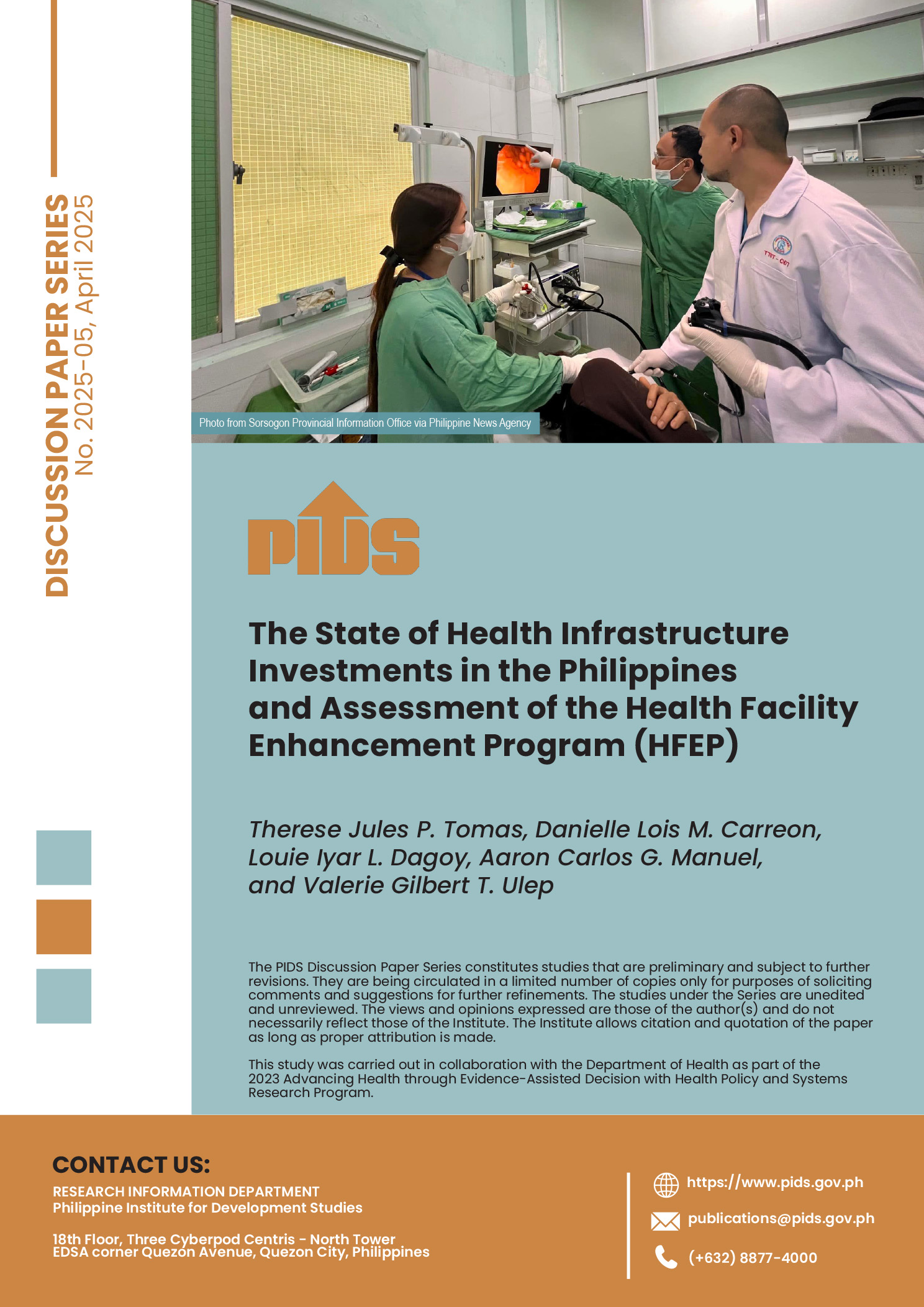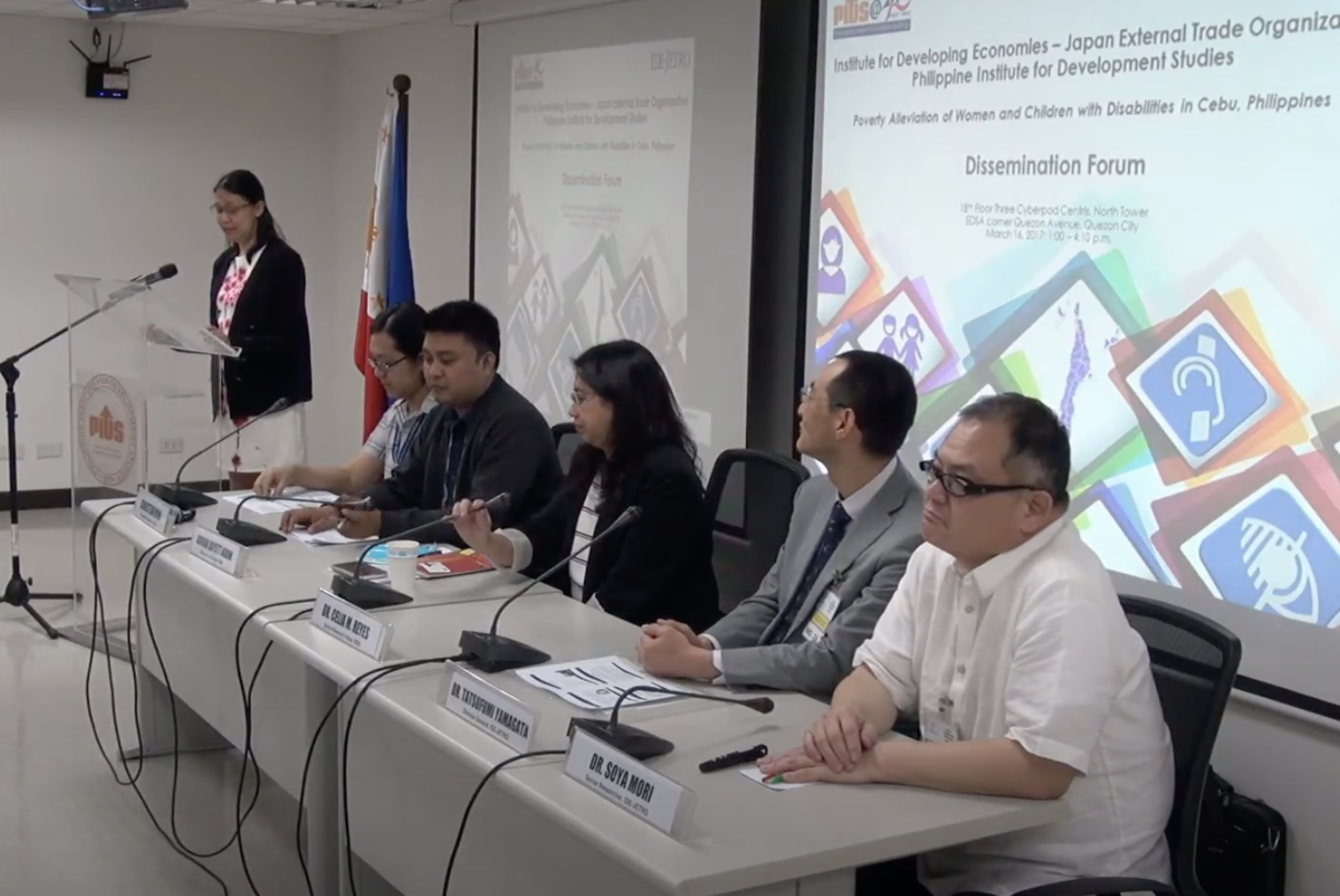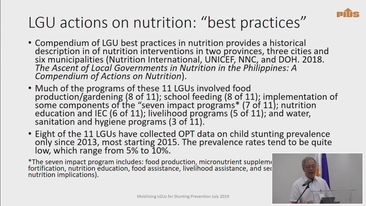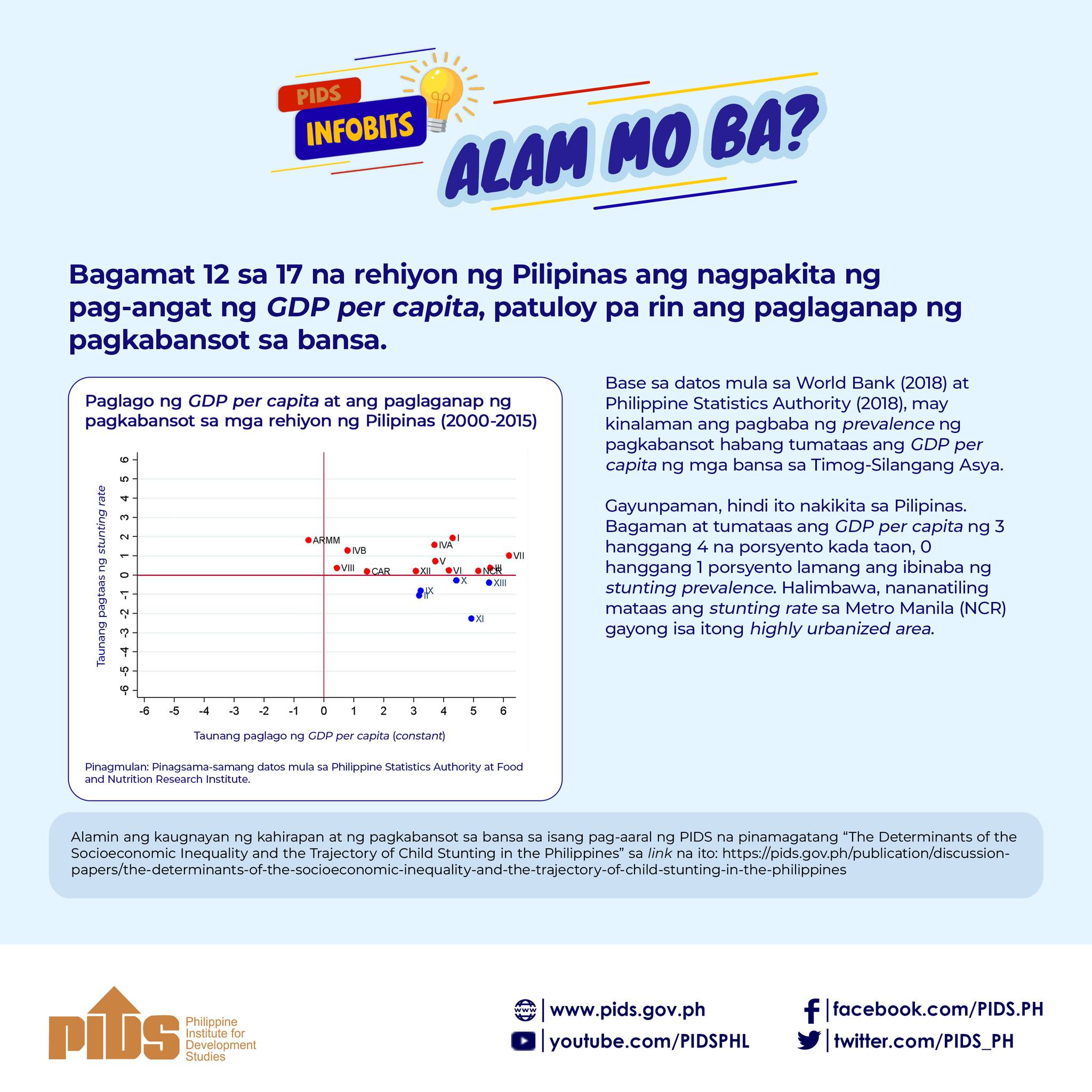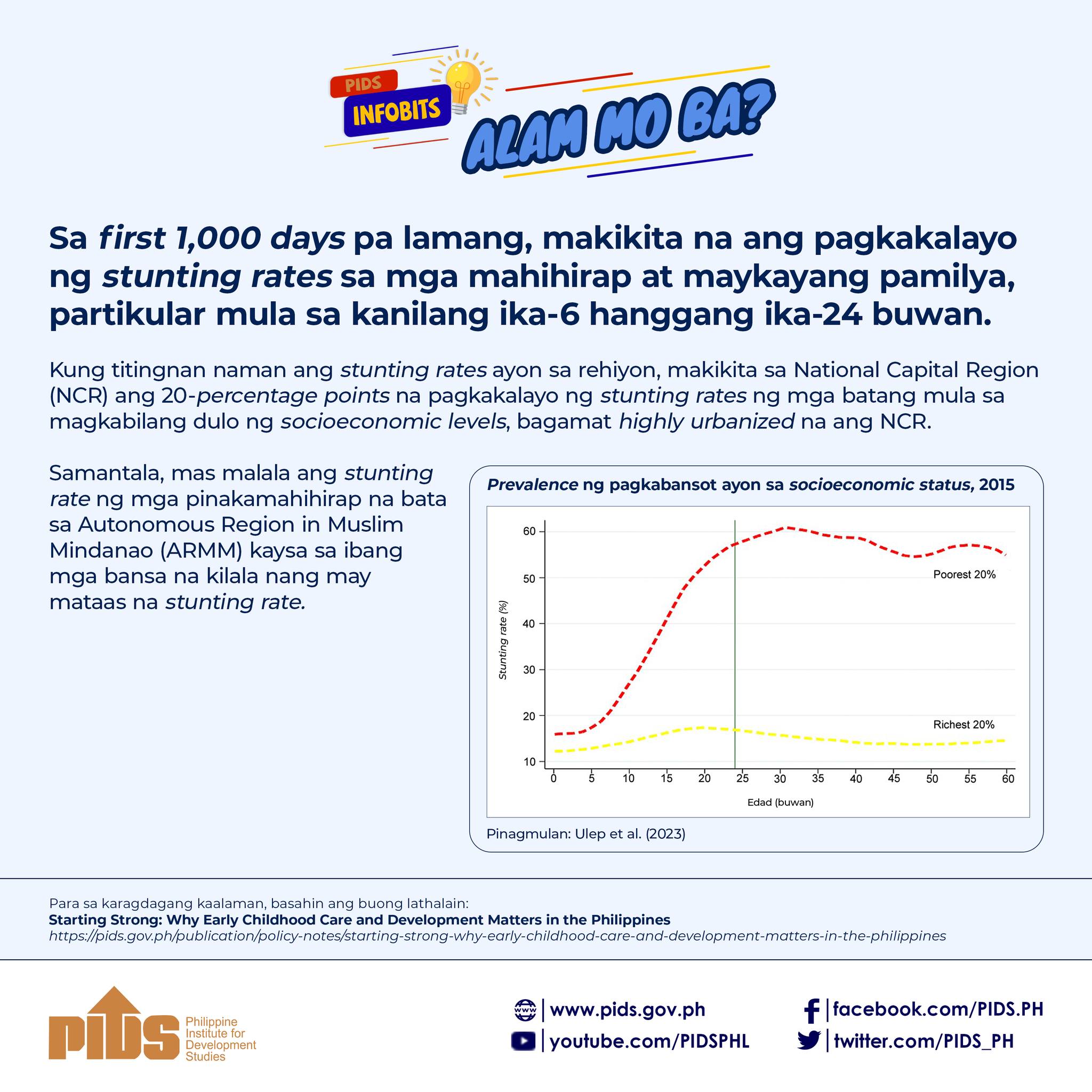The University of Santo Tomas Alumni Association, Inc. (USTAAI) launched “Project First 1,000 Days” during its masquerade ball dubbed as “La Tomasina Baile De Mascaras” on Oct. 26 at the Manila Hotel. The event was a collaboration between and among the committees of the USTAAI, specifically the committees on advocacy and resource, and the interrelatedness of its three advocacies—quality education, sustainable environment, and disaster response. The highlighted advocacy that night was quality education, which is the most important factor for the human resource development of our country.
By all indications, the launch (as well as the masquerade ball) was a huge success, drawing many Thomasian and non-Thomasian attendees. But, of course, we are well aware that it was just the beginning, and more work has to be done.
The USTAAI was moved to initiate “Project First 1,000 Days” because of the much-lamented outcome of the 2022 Programme for International Student Assessment, which was sponsored by the Organization of Economic Cooperation and Development. The Philippines scored 355 in Math, 347 in Reading, and 356 in Science. According to reports, these scores placed us at the bottom of the international quintile of the socioeconomic scale.
While these results, which are very telling, have implications for the quality of basic education in our country regarding curriculum and teacher competence enhancement, we believe that human resource development is a complex process that requires an integrated approach, especially when it deals with the pupils’ readiness for academic participation and success.
A very important factor in this is the child’s development in the first 1,000 days of his or her life, which begins from the time of conception up to two and a half years old. This is the period during which the child’s brain, immune system and body organs are developed. This period also determines the child’s readiness for academic participation and success and, consequently, his or her life success.
Studies have shown that the impact of how the child is cared for during his or her first 1,000 days is irreversible. A child’s poor growth leads to stunting, which means shorter height, poor participation in school, little or no employability skills, poor income as adults, and increased susceptibility to chronic diseases. The study conducted by the Philippine Institute for Development Studies and the Second Congressional Commission on Education revealed that one in three Filipino children is stunted due to malnutrition and inadequate access to high-quality childcare.
The government has been taking the necessary steps to address this concern. Republic Act No. 11148, also known as the Kalusugan at Nutrisyon ng Mag-Nanay Act, was signed in 2018. Under the leadership of the National Nutrition Council, the coordinating agency for implementing nutrition-related programs, the Philippine Plan of Action for Nutrition was formulated. The Department of Science and Technology has the Pinoy Malnutrition Reduction Program that aims to prevent stunting among Filipino children. Local government units have established structures that could implement RA 11148. Barangay Nutrition Scholars are likewise present in every barangay. But despite all these, the stunting among marginalized Filipino children continues.
The USTAAI believes that we can all help address this concern. We can invest part of our time, talent, and treasure as we reach out to marginalized families, enabling them to spin away from the vicious cycle of poverty by helping prevent stunting among their children. We can collaborate with government agencies, private individuals and institutions, and non-government organizations. We are now exploring partnerships with Caleruega Philippines in Batulao, Batangas, St. Clare College Life Skills for Life Success Program in Caloocan, and Pasig City Nutrition Committee.
The prevention and elimination of stunting among Filipino children is a long, challenging, and tedious journey. But we can overcome all this with our determination to make a difference and God’s unending grace.
By saving our children, the leaders of tomorrow, we are also helping build our nation.

